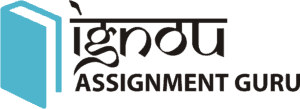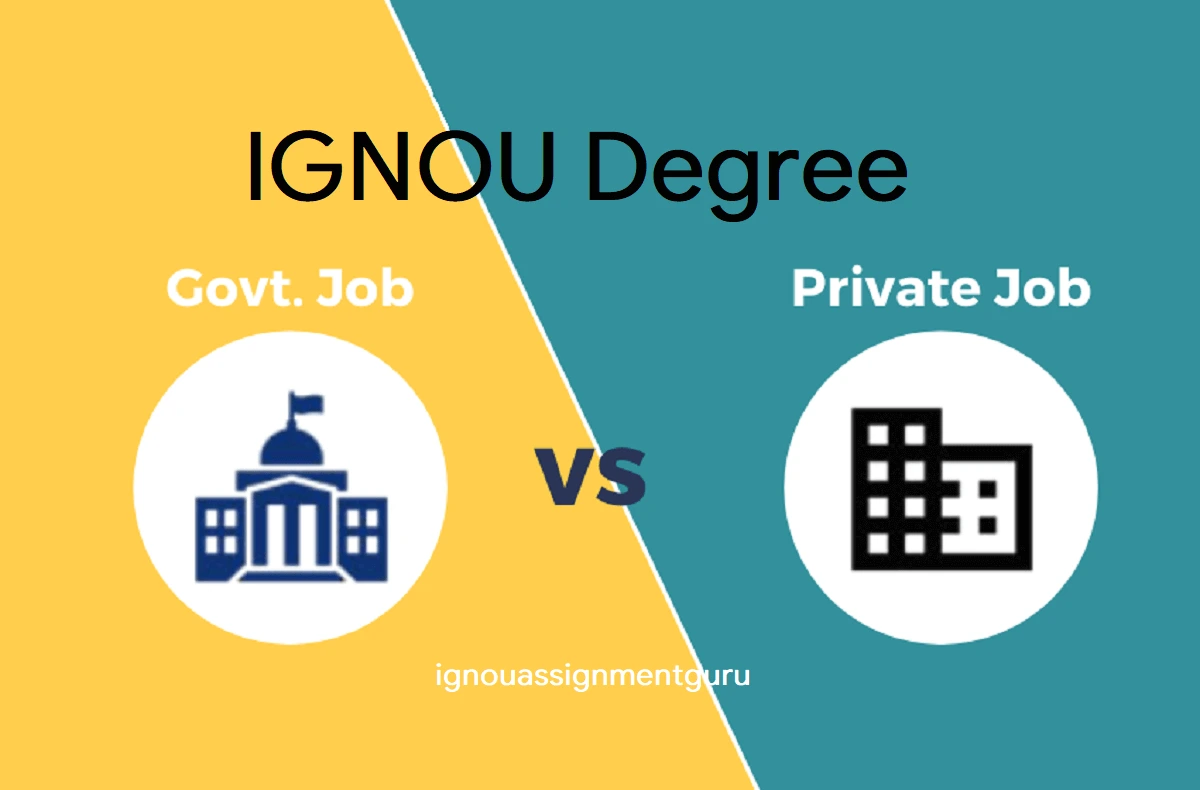Exploring the Validity of IGNOU Degree
In today’s fast-paced and competitive world, acquiring a degree is often seen as a significant milestone for personal and professional growth. However, with the increasing popularity of distance education programs, questions arise about the validity and recognition of degrees obtained through non-traditional channels. One such institution that offers distance learning programs is IGNOU (Indira Gandhi National Open University). This article delves into the validity of an IGNOU degree, exploring its recognition, benefits, challenges, and success stories.
What is IGNOU?
IGNOU is a renowned distance learning university in India, established by an Act of Parliament in 1985. It offers a wide range of undergraduate, postgraduate, diploma, and certificate courses across various disciplines. The university follows an open and flexible approach to education, allowing learners to pursue their studies at their own pace and convenience.
Validity of IGNOU Degree
Recognition by UGC
IGNOU is recognized by the University Grants Commission (UGC), the apex regulatory body for higher education in India. The UGC’s recognition ensures that IGNOU degrees hold equal value as those obtained from conventional universities. This recognition provides credibility to IGNOU’s programs and assures employers and higher education institutions about the quality and validity of the degrees.
Acceptance by Employers
Many employers in India recognize and accept degrees obtained from IGNOU. They acknowledge the value of distance learning and the skills and knowledge acquired by IGNOU graduates. Employers often consider the practical experience and skills of an individual alongside their educational qualifications, giving IGNOU graduates ample opportunities for employment.
Higher Education Institutions’ Perspective
Several higher education institutions, both in India and abroad, accept IGNOU degrees for admission to their postgraduate programs. The acceptance criteria may vary depending on the institution and the specific course of study. However, with proper documentation and meeting the required eligibility criteria, IGNOU graduates can pursue higher education and specializations in their desired fields.
Benefits of IGNOU Degree
Flexibility and Accessibility
One of the major advantages of pursuing an IGNOU degree is the flexibility it offers. Students can study from anywhere and at any time, making it ideal for working professionals, homemakers, and individuals who cannot attend regular classes due to various commitments. This accessibility enables learners to balance their education with other responsibilities.
Affordability
IGNOU programs are often more affordable compared to traditional educational institutions. The cost of tuition fees and study materials is relatively lower, making education accessible to a broader spectrum of learners. This affordability factor plays a crucial role in democratizing education and ensuring equal opportunities for individuals from diverse socioeconomic backgrounds.
Quality Education
Despite being a distance learning institution, IGNOU is committed to providing quality education. The university employs qualified faculty members and experts in their respective fields who design and develop the course curriculum. The study materials provided are comprehensive, covering the essential aspects of each subject. Additionally, IGNOU conducts regular assessments, examinations, and practical sessions to evaluate the students’ understanding and knowledge.
Diverse Course Offerings
IGNOU offers a wide range of courses across various disciplines, providing learners with numerous options to pursue their interests and career aspirations. The university offers programs in arts, science, commerce, management, social sciences, law, education, and many other fields. This extensive course catalog allows individuals to choose the program that aligns with their passion and future goals.
Challenges and Criticisms
Perceived Lack of Rigor
One common criticism of distance learning programs, including IGNOU, is the perceived lack of rigor compared to traditional classroom-based education. Some argue that the absence of regular face-to-face interactions and practical learning experiences might compromise the depth of knowledge and skill development. However, IGNOU has taken measures to address this concern by incorporating practical components and conducting hands-on sessions wherever possible.
Stigma and Perception in Society
Despite the increasing acceptance and recognition of distance learning degrees, there is still a prevalent stigma associated with non-conventional education. Society’s perception of distance education degrees, including those from IGNOU, varies, and some individuals may hold biases against them. However, as awareness about the quality and benefits of IGNOU education grows, this stigma is gradually diminishing.
Limited Practical Exposure
One of the challenges faced by IGNOU students is the limited practical exposure compared to their counterparts in regular institutions. Some programs require practical training or internships, which can be arranged by the university in collaboration with industry partners. However, it is important for IGNOU students to actively seek practical opportunities and apply their knowledge in real-world scenarios to bridge this gap.
Success Stories and Alumni Achievements
IGNOU has produced several successful individuals who have made notable contributions in various fields. The alumni of IGNOU include entrepreneurs, government officials, educators, artists, and professionals from diverse backgrounds. These success stories highlight the effectiveness of IGNOU’s education system and demonstrate that an IGNOU degree can pave the way for a successful career.
Conclusion
The validity of an IGNOU degree is supported by its recognition by the UGC, acceptance by employers, and the opportunities for higher education it provides. The flexibility, affordability, quality education, and diverse course offerings make IGNOU an attractive option for individuals seeking an alternative to traditional education. While challenges and criticisms exist, IGNOU continues to evolve and adapt to meet the changing needs of learners, ensuring a valuable educational experience.
FAQs
Can IGNOU graduates apply for civil service exams?
Yes, IGNOU graduates are eligible to apply for civil service exams conducted by the Union Public Service Commission (UPSC). They need to meet the specified eligibility criteria, which include possessing a bachelor's degree from a recognized university.
Do private companies prefer candidates with traditional degrees?
While some private companies may have a preference for candidates with degrees from conventional universities, the perception is gradually changing. Employers are increasingly valuing skills, experience, and practical competencies, which IGNOU graduates possess due to their unique learning approach.
How can I improve my employability with an IGNOU degree?
To enhance your employability, focus on developing practical skills relevant to your desired job field. Participate in internships, gain work experience, and engage in extracurricular activities to showcase your abilities. Networking and building professional connections can also open doors to job opportunities.
What are the career options after completing an IGNOU degree?
IGNOU graduates have a wide range of career options. They can explore government job opportunities, pursue careers in the private sector, start their own businesses, or further their education through postgraduate programs or research.





